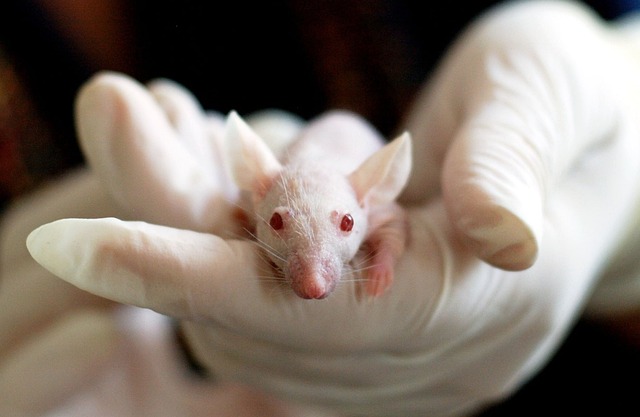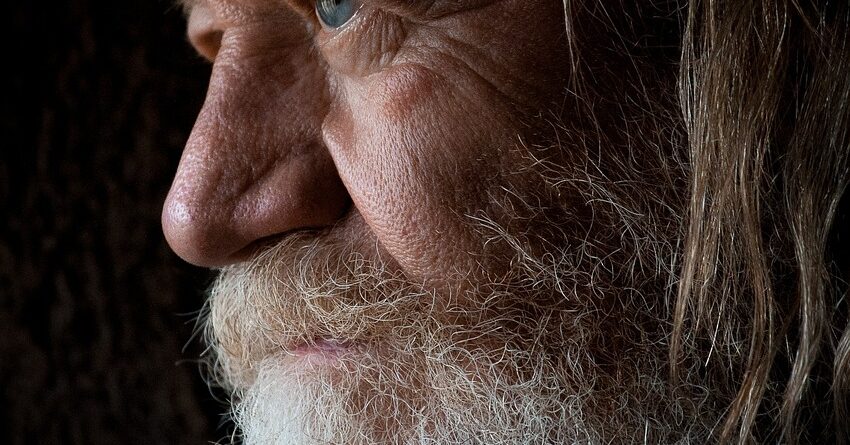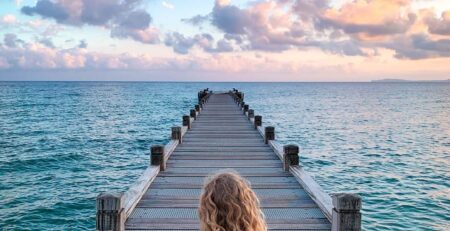Who wouldn’t want to live longer? And if you could extend your life in a completely natural way, that would be brilliant. The question is: can exposure to cold, such as cold plunges, actually help? Using scientific studies, we’ll explore how cold can have a surprisingly positive impact on longevity.
Table of Contents
What Is The Current Average Lifespan?
The average lifespan varies according to region, lifestyle, medical care, and other factors. In general, life expectancy has increased in many parts of the world in recent decades, mainly due to advances in medicine, improved nutrition, and living conditions.
The average life expectancy worldwide is around 72 to 73 years. In Germany, life expectancy is slightly higher, but it has fallen again in recent years. In recent decades, we have only known one direction, namely, towards a longer lifespan. However, after the coronavirus pandemic, life expectancy fell again, dropping from 78.7 to 78.1 years for men and from 83.5 to 82.8 years for women in Germany in 2023. These statistics are calculated annually in Germany by the Federal Institute for Population Research (BiB). And similar to this German trend, life expectancy is developing throughout Europe.
What Factors Influence Lifespan?
- Healthcare: Access to a high-quality healthcare system plays a significant role in life expectancy. Countries with well-developed healthcare systems and comprehensive medical care tend to boast a higher life expectancy for their citizens.
- Lifestyle and behavior: A healthy lifestyle, regular physical activity, a balanced diet, avoidance of tobacco and excessive alcohol consumption, or drugs have a positive influence on life expectancy.
- Socio-economic status: Education, income, and social status also have an influence on life expectancy. People with a higher socio-economic status often have a longer life expectancy.
- Environmental factors: The environment, including air and water quality and access to clean drinking water and sanitary facilities, influences health and, therefore, also life expectancy.
- Genetics: Our genetic predisposition plays a role in our susceptibility to certain diseases.
- Infectious diseases: The prevalence of infectious diseases in a region can also affect life expectancy.
- Living conditions in old age: The quality of life in old age, including social support, access to care facilities, and housing conditions, also influences our life expectancy.
- Nutrition: Nutrition plays a decisive role in health. A balanced diet with sufficient nutrient intake has a positive influence on life expectancy.
How Are Cold and Lifespan Related?
There is increasing evidence that exposure to cold, such as during a cold plunge, could also have a positive influence on lifespan. As part of their research at the CEDAD Cluster of Excellence for Ageing Research, scientists at the University of Cologne studied nematodes that carried genes for two neurodegenerative diseases. Although nematodes normally thrive at room temperature, they were deliberately supercooled for this experiment. The astonishing result of the study shows that the nematodes that were kept under cool conditions were not only more active, but also had a longer lifespan compared to their conspecifics that were kept at room temperature.
Earlier studies had already shown that cold also increases the fertility of nematodes. The researchers interpret these findings as an indication that the cold may activate cellular cleansing processes, which in turn lead to an accelerated breakdown of harmful protein clumps. These protein deposits are known to be associated with neurodegenerative diseases such as Alzheimer’s, Huntington’s, and Parkinson’s.
The head of the study, David Vilchez, hopes that the research on the nematodes will provide important insights into the health-promoting effects of cold and that these findings may be transferable to humans. The activation of cleansing processes in the cells could be a promising approach for the treatment of neurodegenerative diseases (i.e., diseases of the nervous system) in humans. Dr. Vilchez therefore emphasizes the importance of this research for a better understanding of the biological mechanisms underlying ageing.
More Studies Supporting Cold and Longevity
Positive findings were also obtained in experiments with mice, in which the lifespan was extended by a fifth by lowering their body temperature. Dr. David Vilchez is enthusiastic about the results, which show similarities to the experiments with threadworms. Increased activity of the cellular cleansing process was observed in the mice at colder temperatures.

In an interview with SWR2 Wissen, Vilchez explains: “We were thrilled, it was just like with the worms. The cellular cleaning process was more active at a colder temperature.” This led to the consideration of whether lowering the body temperature could also prevent protein clumping in human cells.
In further studies, the researchers took human cells and focused on the main protein that causes Huntington’s disease. The astonishing results showed that cooling by just one degree was sufficient to prevent the formation of protein clumps, as the toxic protein was degraded more efficiently in this cooler environment. Vilchez emphasizes that this approach also worked successfully in amyotrophic lateral sclerosis (ALS), a neurodegenerative disease in old age.
Conclusion
Although not every study on animals should be applied 1:1 to humans, there is very clear evidence of the life-prolonging effect of cold exposure in animals in the first experiments on this topic. Current research indicates that cold could have extremely positive effects on the lifespan of living beings, including humans. This is often due to mechanisms based on calorie restriction, activation of metabolic processes, and hormonal changes that are triggered by extreme cold stimuli. It is therefore more likely to be a bundle of measures triggered by exposure to cold, such as ice bathing, which could lead to a longer life expectancy. These findings shed fascinating light on the possibility of developing therapeutic approaches to prevent or slow down neurodegenerative diseases in humans through the targeted manipulation of body temperature.












Leave a Reply